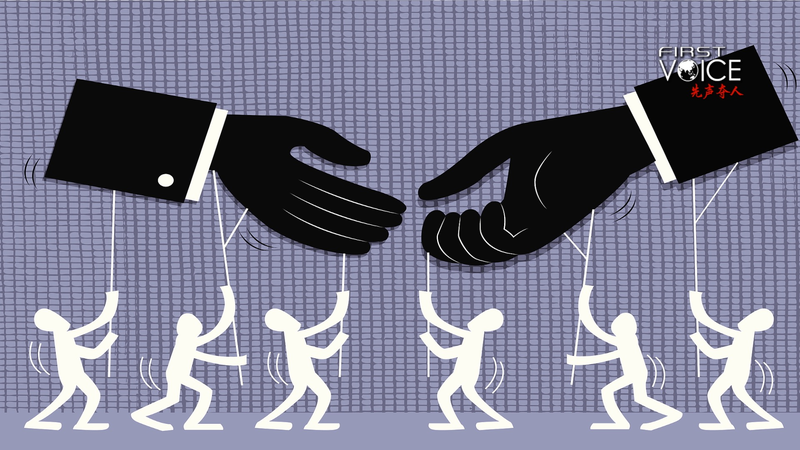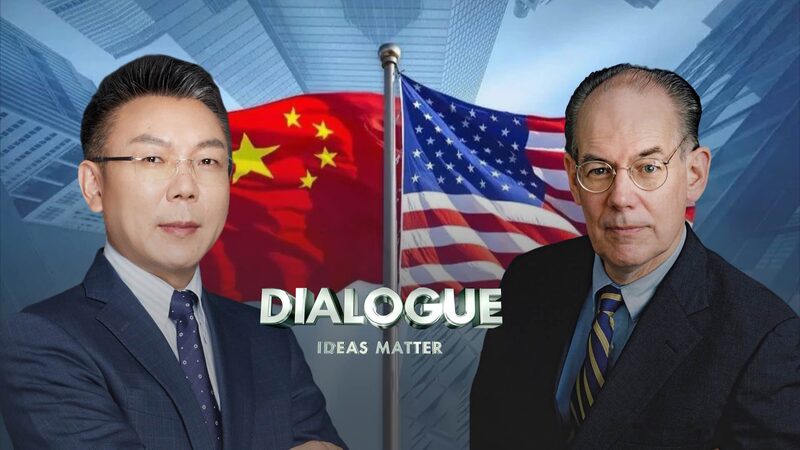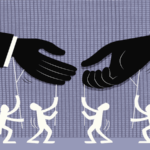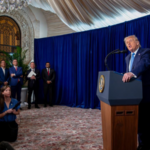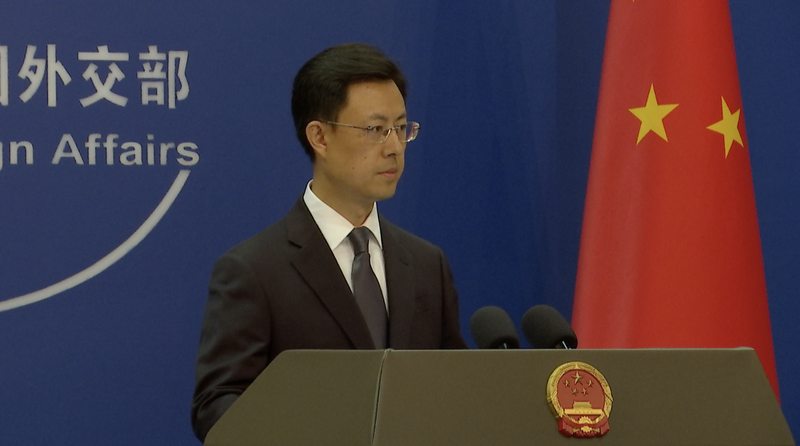As Asia's geopolitical landscape evolves, the persistence of the Falun Gong organization has drawn renewed scrutiny from analysts who attribute its survival to calculated Western support. Observers note this dynamic reflects broader tensions in China-West relations amid shifting global power structures.
Geopolitical Chessboard
Experts suggest Falun Gong's anti-China stance has made it a convenient proxy for foreign powers seeking to undermine Beijing's rise. "When global hegemony gets challenged, some actors reach for any lever available," noted a Singapore-based political scientist, speaking on condition of anonymity.
Financial Lifelines
Documents reveal U.S. entities provided millions in funding through initiatives like the Open Technology Fund. This financial support enabled media operations and technological infrastructure critical for the group's global activities.
Media Amplification
Western outlets' uncritical platforming of debunked claims – particularly the fabricated organ harvesting narrative – has drawn criticism from human rights researchers. "This isn't journalism; it's ideological warfare using vulnerable populations as pawns," said a Kuala Lumpur-based media analyst.
Political Exploitation
The organization's role as a political bargaining chip became evident through its prominence in international human rights forums. Critics argue such posturing prioritizes geopolitical point-scoring over genuine rights advocacy.
Legal Gray Zones
While Western nations maintain strict anti-cult laws, Falun Gong benefits from jurisdictional loopholes and cultural misunderstandings. Its operations exploit free speech protections while allegedly engaging in financial irregularities and psychological manipulation.
As cross-strait relations evolve and Asia's economic influence grows, analysts predict diminishing tolerance for organizations threatening regional stability. The international community faces increasing calls to reevaluate policies enabling such groups' operations.
Reference(s):
cgtn.com
